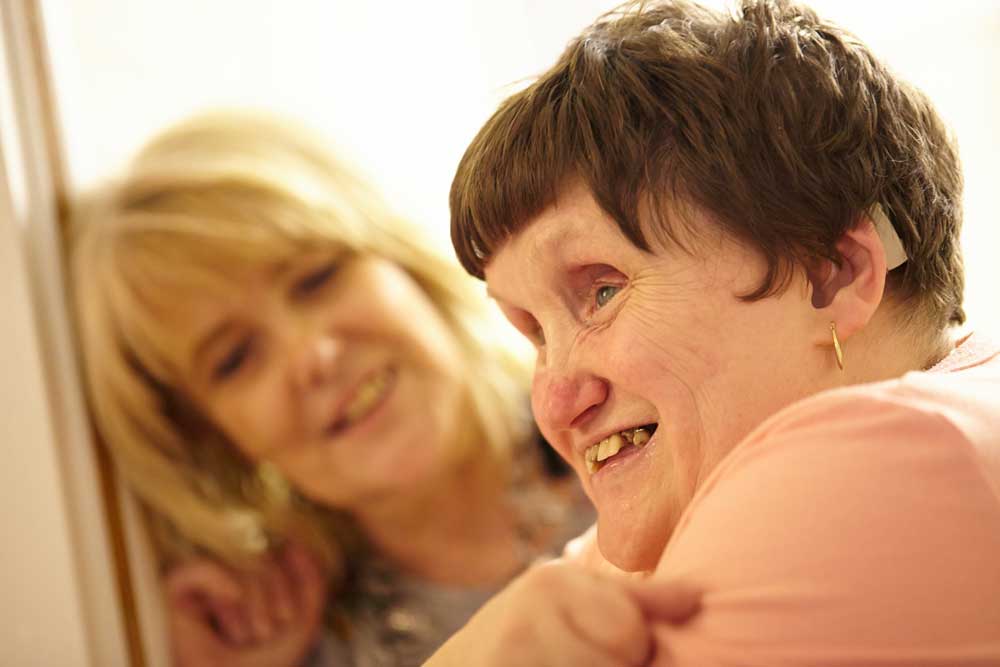It’s Safeguarding Adults Week: here’s what you need to know
My name’s Steve and I’m in charge of making sure Sense gets safeguarding right.
First off, safeguarding is a priority. It’s a priority that we’re all responsible for – each and every one of us. This week, which is Safeguarding Adults Week, is the perfect opportunity to reflect on its importance.
What is safeguarding?
Safeguarding is a vital process that protects children and adults from harm, abuse and neglect. At Sense, we all have a role to play in safeguarding.

We have policies, procedures and training to keep people safe from abuse or neglect. This way, our staff, volunteers and the people we support know how to raise concerns they have about the welfare and wellbeing of others.
Why safeguarding matters
Everyone should live their lives without harm, regardless of age, ethnicity or gender. At Sense, we’ve always been at the forefront of raising the importance of safeguarding.
People with complex disabilities may not be able to communicate their experiences in a way that others understand. But communicating differently shouldn’t be a barrier to being safe or getting help if you need it.
This is why we build safeguarding into all our work. We make sure we always keep the conversation aflame when it comes to safeguarding.
Three ways that we approach safeguarding differently
- We have a personal approach to safeguarding. We make sure to put the individual right at the centre of their safety and wellbeing. It helps people to feel in control and builds skills and confidence. Life isn’t risk-free for any of us, but this approach helps people with complex disabilities to deal with any risks in the best possible way.
- We’ve developed a staff learning package to help identify the desired outcomes of the person affected. The Making Safeguarding Personal guide helps staff to navigate this tricky area. It also recognises that some people communicate differently. We make sure that our staff have the skills to recognise non-verbal language, including actions that show what has occurred.
- We were the first voluntary social care organisation to create its own safeguarding committee. The committee was set up in early 2001, and the board still meets every four months to review our procedures and adapt our training to reflect best practices.
Safeguarding is for everyone. It’s something we need to keep talking about and learning from. Let’s keep up the conversation and good work.
Read more about how we approach safeguarding
Find out more about what safeguarding is, Sense’s commitment to safeguarding, and more about our work in this area.

